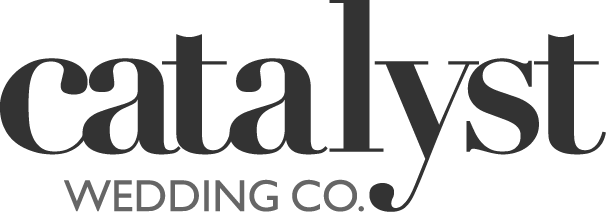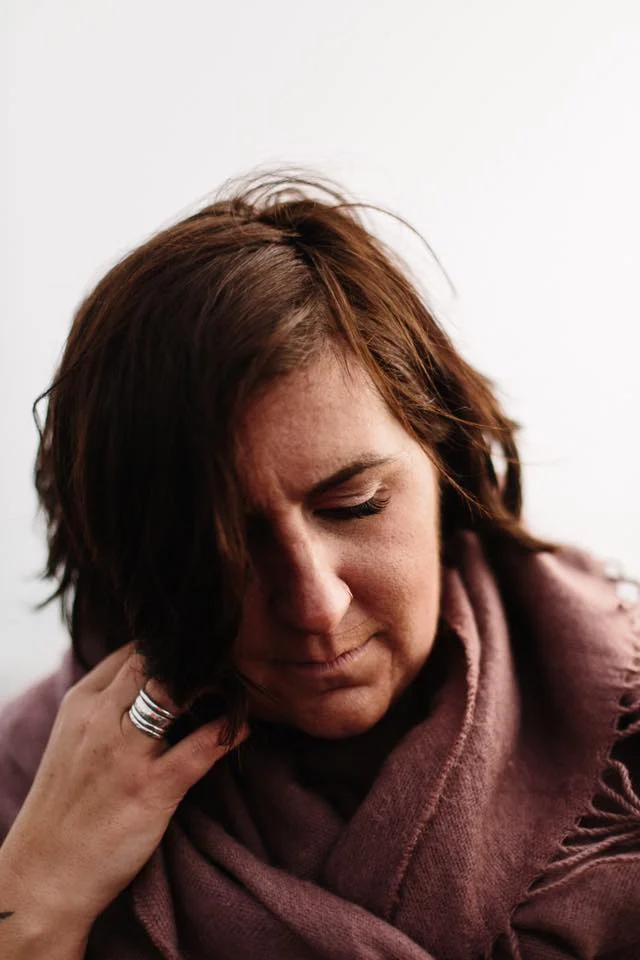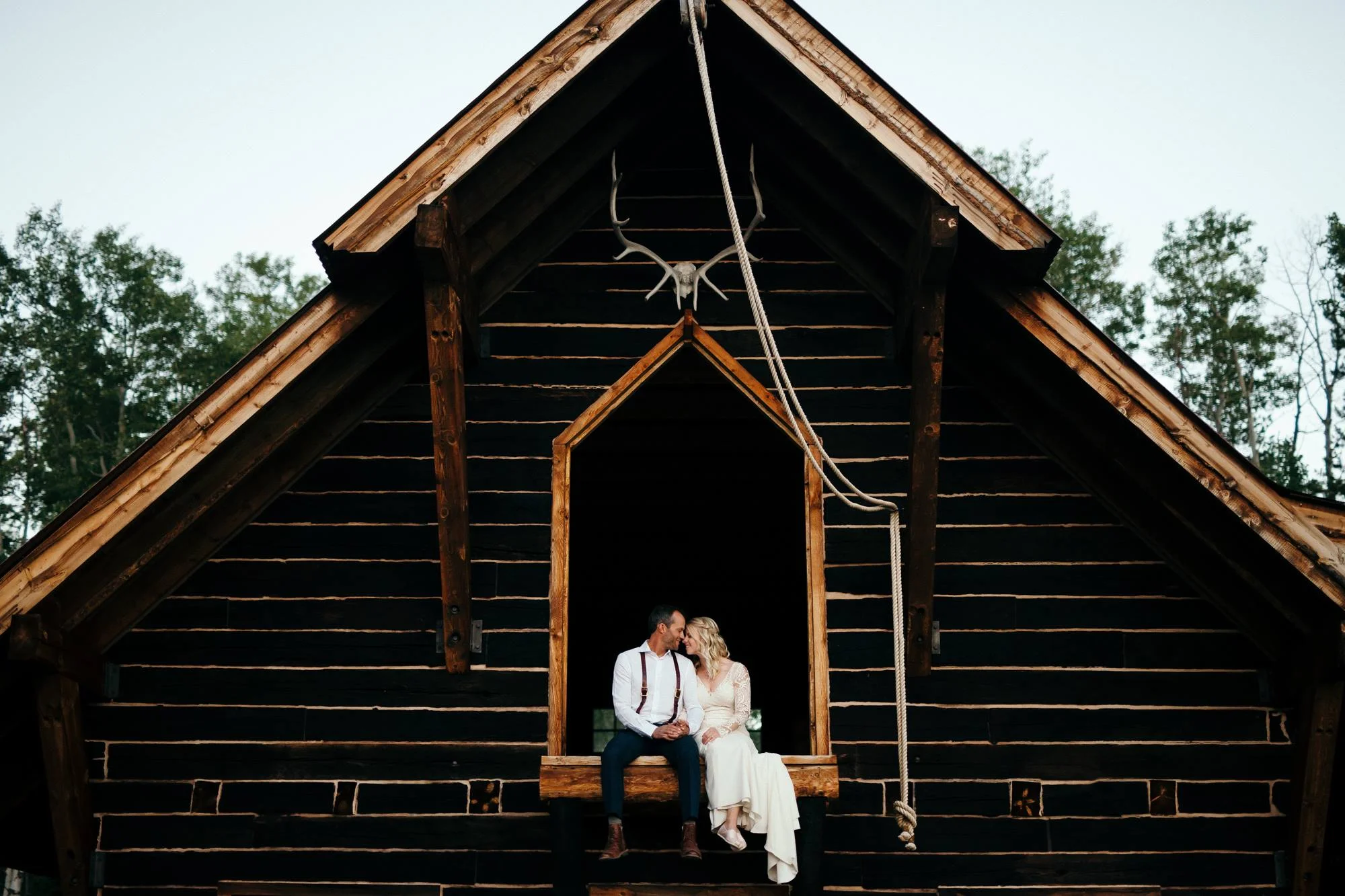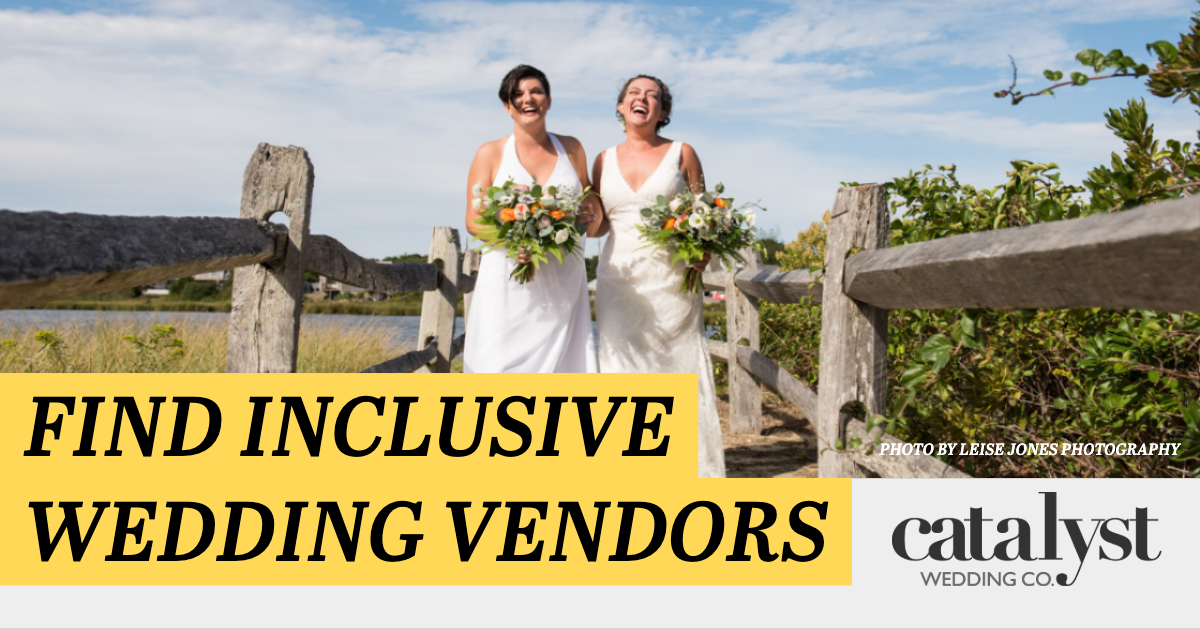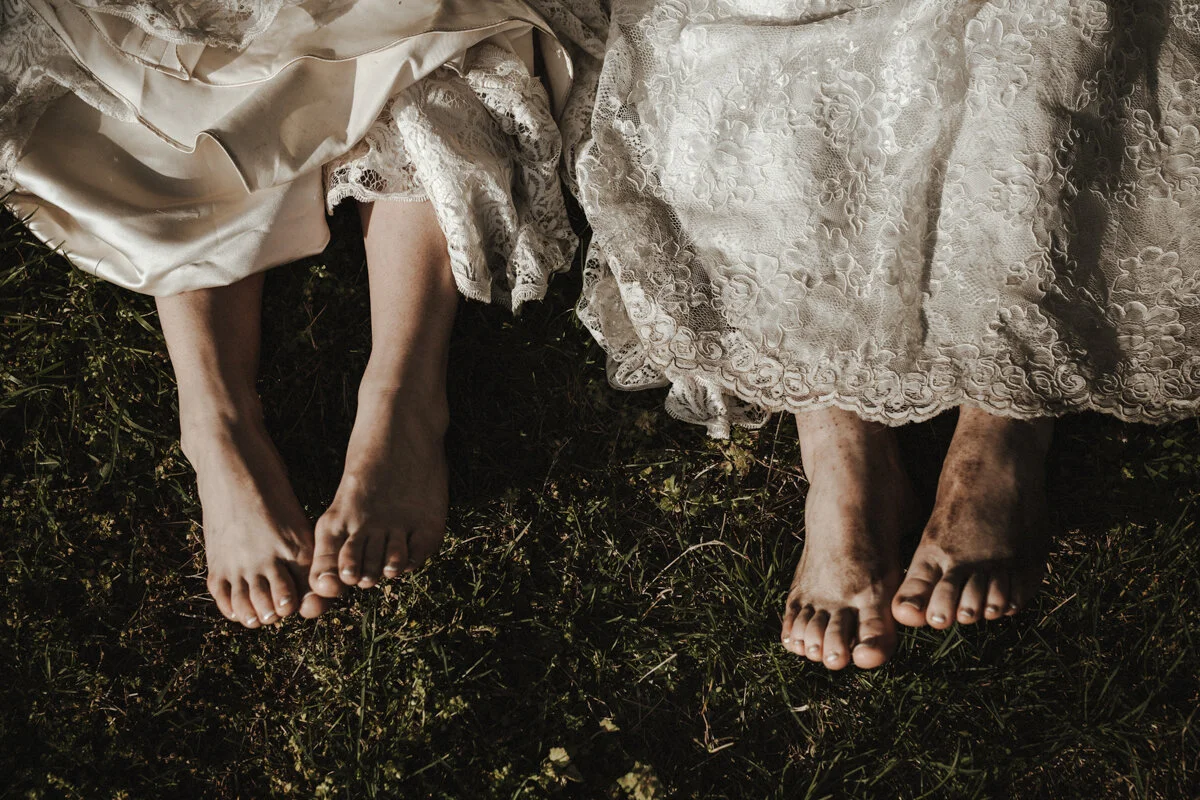Woke Wednesday // Meet Colorado Photographer Cassie Rosch
/For Woke Wednesday, we spoke with Cassie Rosch, a destination photographer based in Colorado, about her journey from small town USA to coming out as queer and traveling the world to photograph love.
Liz: Can you tell us a bit about your background? What was growing up like for you?
Cassie: I was born and raised in a small town in southeastern Wisconsin. I had a picturesque childhood, playing outside with friends, swimming in the lake during the summer. My parents were very devoted to giving us the best possible life they could.
Liz: And what was your transition into adulthood like?
Cassie: I had the opportunity to attend Colorado State University after I graduated from high school, and it was my first time in the world and I definitely didn't feel prepared. I'm fully convinced that's why they have residence halls, because it's a really good gentle catalyst into adulthood.
Growing up in a small, conservative town where your dad is the Police Chief doesn't leave much room for indiscretions, exploration, etc. I was really involved in school in high school because it kept me busy and distracted. I was liked by my classmates, but I didn't every fully feel like myself.
Liz: What did you study in school?
Cassie: When I went to college, I studied Liberal Arts + Women's Studies. Which is when I finally started to understand and gain a perspective that was larger than my small town roots. It's amazing how you can exist your whole life without learning what white privilege is. It was very "don't ask, don't tell" in high school. We didn't talk a lot about what made us uncomfortable. And I think having those conversations for the first time in college was really life-giving, challenging, and sparked a lot of growth for me.
Liz: Were you drawn to Women's Studies right away?
Cassie: No, I actually went through a couple of phases trying to find my people. I was involved in a church community (still recovering from that), got involved in recovery/youth addiction work, and then ultimately took a Women's Studies 101 class that was taught by an incredible woman, Monica Rivera, who urged me to get involved in Sexual Assault Advocacy + Prevention, and that class introduced me to some of my best friends. Which allowed a safe space for me to begin to have real conversations about identity.
Liz: What was that like for you?
Cassie: It was like coming home in a sense. Coming home to myself. And I've done that multiple times throughout my journey over the last 30 years, but those years were really transformative in my development as a person and a global citizen. It showed me how to be accountable for my words, actions and space. It also allowed me to take this deep breath and lean into things and conversations that I had been avoiding for years. It wasn't until after college that I came out, but those years were the safety net being built in my community.
Liz: Totally. Could you talk a little bit about your journey to photography?
Cassie: My mom is a super creative woman; she's a painter, seamstress, drawer, all kinds of crafts. She's definitely the person that really encouraged me to explore my creative side. My grandfather, her father, was a novice photographer, who mainly photographed my grandmother's roses in their garden in Connecticut. He gave my mom her first camera, and she gave me mine. When I was graduating from college, we were in the height of the recession, and it didn't seem practical to start a small business, so I went into non-profit work...because the money is SO LUCRATIVE. After a while of doing non-profit work, I had the realization that often it's the same bureaucratic bullshit, just under the guise of doing good (which, don't get me wrong, they are doing positive things to make change in my community, but it doesn't always mean the people running them are good people). All the while I was taking photos for family and friends and really feeling encouraged and a deep sense of happiness. Over a couple of years, this organically grew into the business I have today. I was searching for a deeper sense of connection with people, and photography allowed me a glimpse into some of the most intimate and vulnerable moments in people's lives.
Liz: Totally. So what does your business look like today?
Cassie: I'm 100% self-employed. I am a destination based wedding photographer, meaning I travel about 50% of my schedule and then shoot about 50% in my home state of Colorado. I have traveled to Thailand, Italy, Mexico, Dominican Republic, Iceland, United Kingdom, France, Prague, Hungary, Jamaica, and more to photograph couples in love. I have one employee. I shoot about 30-50 weddings a year (and still love it)! The hustle is real, but it's the most rewarding work I've ever done. And working at home with my two rescue puppies is pretty much the best life.
Liz: That's amazing. So today is Woke Wednesday. Do you consider yourself woke, feminist, or otherwise a social justice advocate?
Cassie: I DO! All of they above, but I don't know if I feel cool enough to describe myself as WOKE.
Liz: (laughs) Me neither. So how do you incorporate your values into your business?
Cassie: By working with vendors and collaborating with other folks who are queer-friendly and inclusive of all folks. You would be surprised (or not) how many photographers still don't accept queer folks strictly because they are queer. And how many have told me that to my face without knowing I identify as queer. The ignorance is alive and well in the wedding industry.
Liz: So if you could go back 15 years or so and give your younger self some words of encouragement, what might you say?
Cassie: I would say, always follow what ignites your passion because you can make a good, beautiful, and independent life out of that. Quit your job a year earlier; you'll be okay financially. Invest in community sooner. Stop comparing yourself to other people on the internet. And maybe don't say yes to that neurotically overbearing bride—you remember her, and it will never be worth the money she gave you. Be happy, be joyful, and give people the benefit of the doubt more often.
